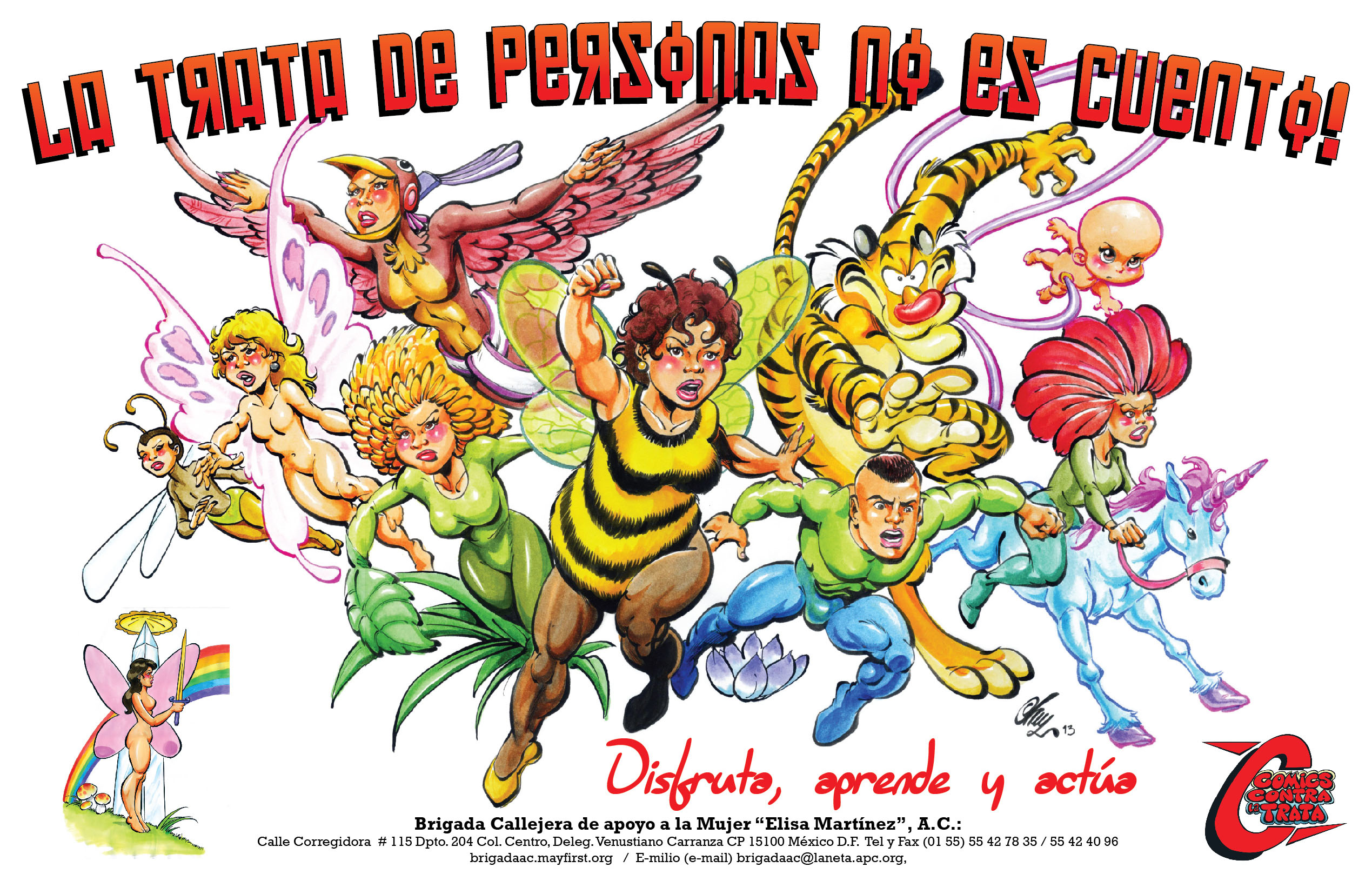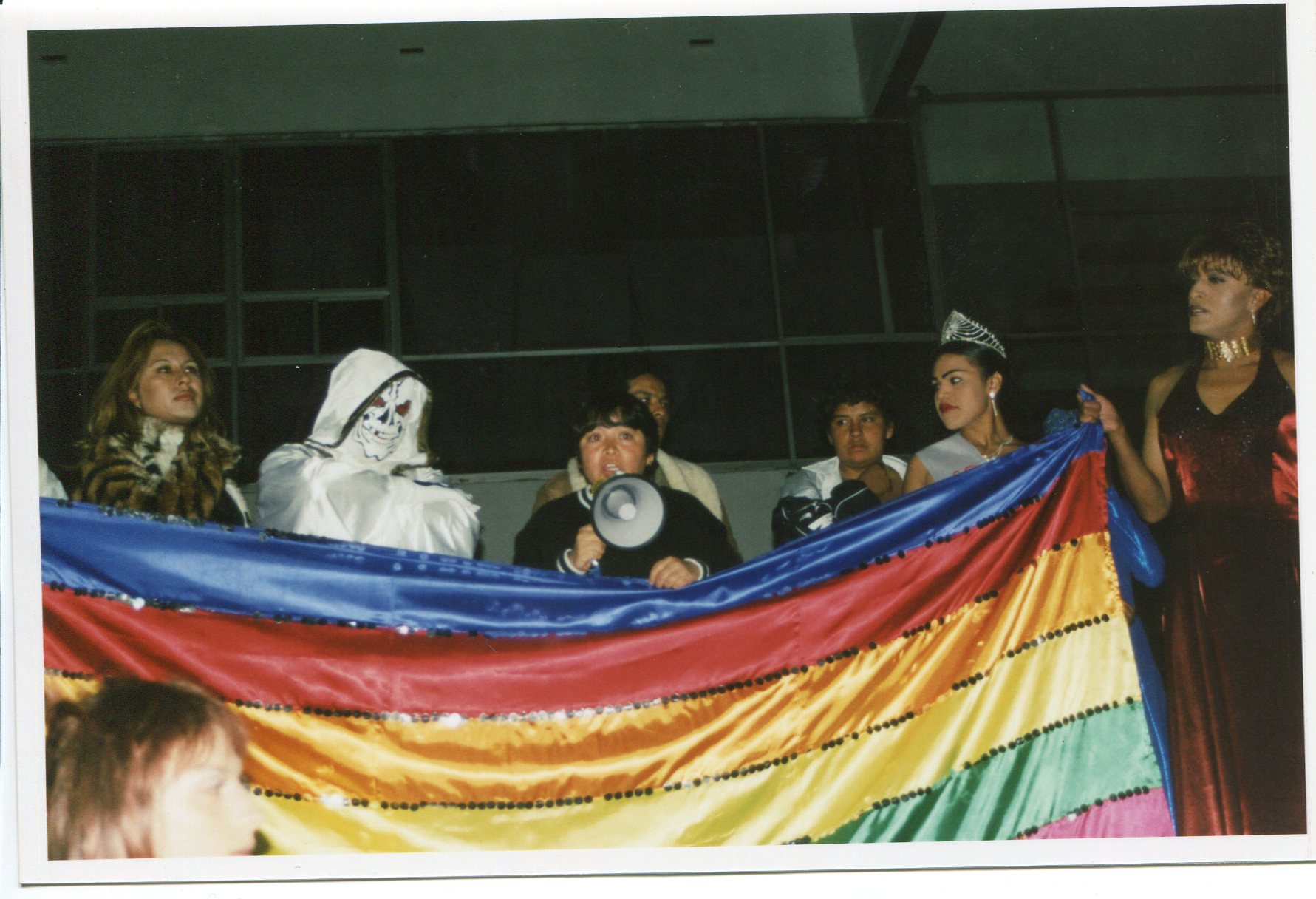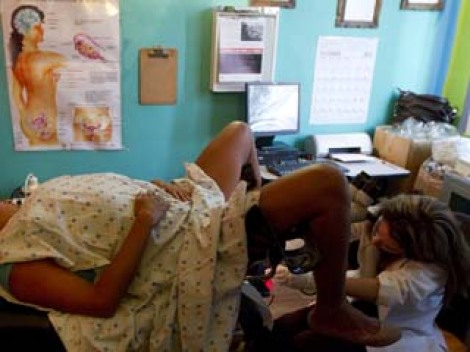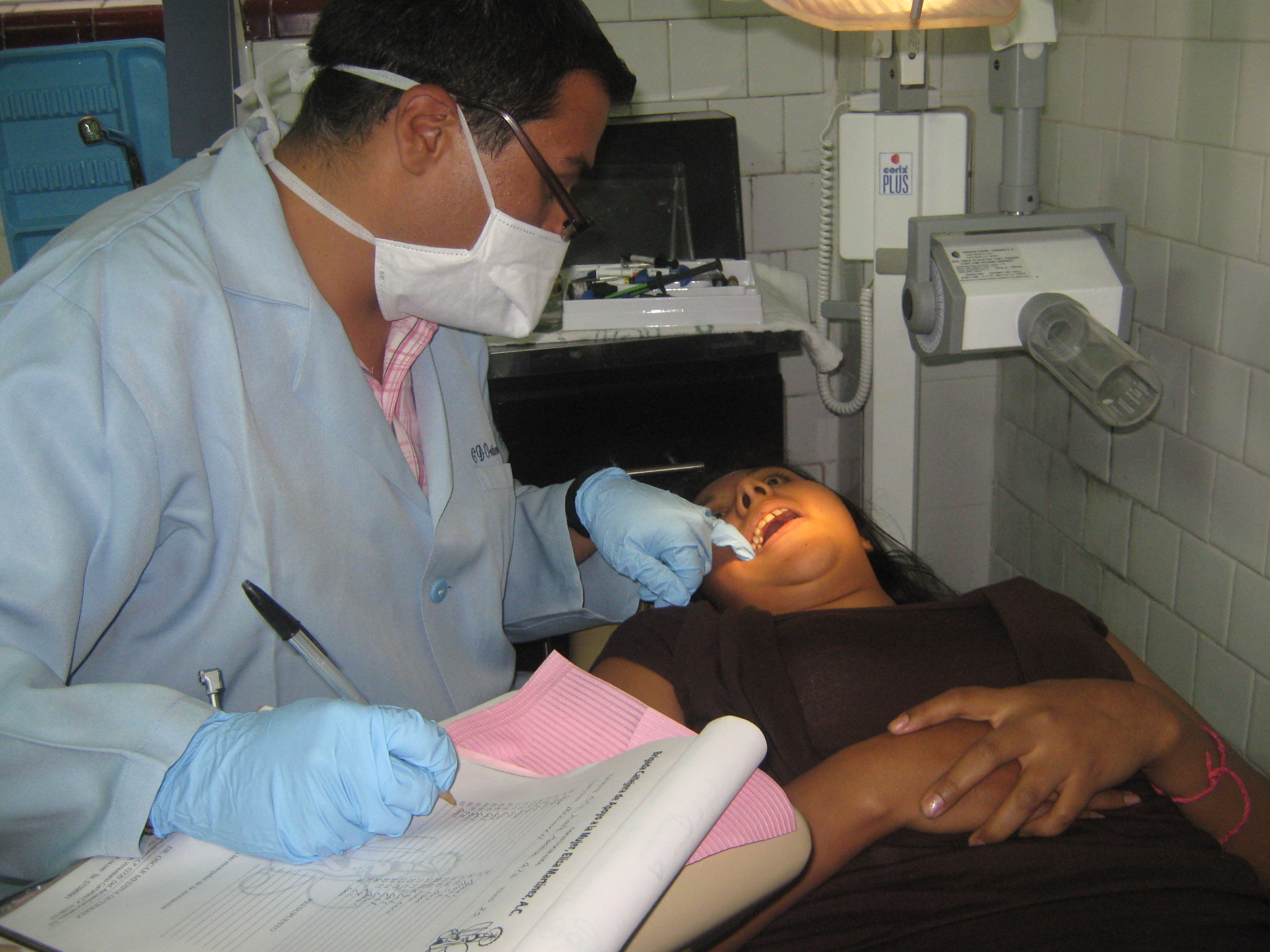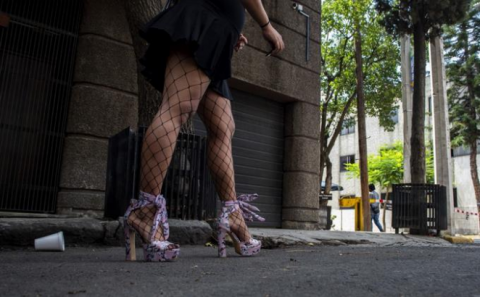
Sex workers who practice journalism in Mexico
Paloma Paz dons a black wig and pink heels before heading out to a street corner in Mexico City to work as a sex worker. In front of the mirror, she speaks enthusiastically about her parallel activity: journalism, which allows her to “denounce injustices.”
He began writing notes during the pandemic, witness how many of her companions who lived in hotels were thrown out on the street. Thus, she joined a score of women who alternate sex work with journalism.
“It is a way of shouting at society, at the authorities, what is happening to us,” says Paloma, 28, at her home in the north of the Mexican capital.
“It’s not a hobby,” continues this transsexual woman as she expertly combs her long false hair. “We cannot say things when he leaves (irresponsibly). We have to investigate and collect (information) to have foundations”.
She and 10 other women report for the free monthly magazine Noticalle, of the NGO Brigada Callejera.
“It is a means of communication mainly made by sex workers for sex workers,” who have not felt represented in the commercial media, explains Elvira Madrid, director and founder of Brigada Callejera.
journalistic rigor
About five members of the outlet distribute this publication from hand to hand each month among prostitutes in the center of Mexico City.
“This is community journalism (…) because we recapitulate everything we see on a day-to-day basis, read it calmly,” Paloma tells a woman who is in a corner and reads the issue attentively.
“It helps us to find out what is happening at other points where other colleagues are,” says this anonymous woman.
The magazine is made of three letter-size white sheets folded in half and stapled together. On the cover there is a caricature of two prostitutes with the word Noticalle in the background. The O is a condom and 1,000 copies are printed each month.
In its June edition, number 26, it exposes that sex workers lost up to 70% of their income due to the pandemic, suffer extortion from organized crime and the case of a transgender indigenous woman and sex worker who was imprisoned for 14 years because she was accused of “unjustly” of the murder of his partner.
Elvira selects the notes that are published and an external collaborator acts as designer and proofreader.
Paloma and her colleagues, says Elvira, regularly attend a Brigada Callejera permanent journalism workshop.
“You have to take care of information sources,” a journalism teacher insists in a class.
learnings
Krisna, a 51-year-old transsexual sex worker, was trained in another journalism workshop, which allows her to be a sporadic reporter for the digital media Disinformémonos.
That day, he patiently interviews Otomi indigenous people outside the National Palace who are demanding free housing from the government, given that their community was displaced from the state of Querétaro after suffering water shortages.
With great tact, he finally obtains the necessary information for his briefing note.
The job “has given me a keener eye on the news. I already have the ability to analyze texts, to see the social and political situation in the world”, exposes Krisna, who also declares himself an activist.
He considers that through journalism he can react in another way to police abuses.
“Before, we defended ourselves with blows from the police,” says Krisna.
Her skills as a journalist made her co-editor of “Putas, activists and journalists, why did we do it?”, a book of interviews conducted by sex workers with other of their colleagues who participated in the Aquiles Baeza workshop, given by the columnist and Director of Disinformémonos, Gloria Munoz.
Journalism, Krisna concludes, “helps me more with my self-esteem, my value as a human being because it enriches it.” He now also wants to study law.
In 2014, the government of Mexico City began to issue credentials to these workers to protect them from the police who asked them for money or sexual favors to let them work and guarantee them medical attention.
Paloma and other of her colleagues say that in practice they continue to be victims of discrimination in health centers and even in official offices.
https://17blogs.com/sex-workers-who-practice-journalism-in-mexico/
- Inicie sesión o regístrese para comentar
